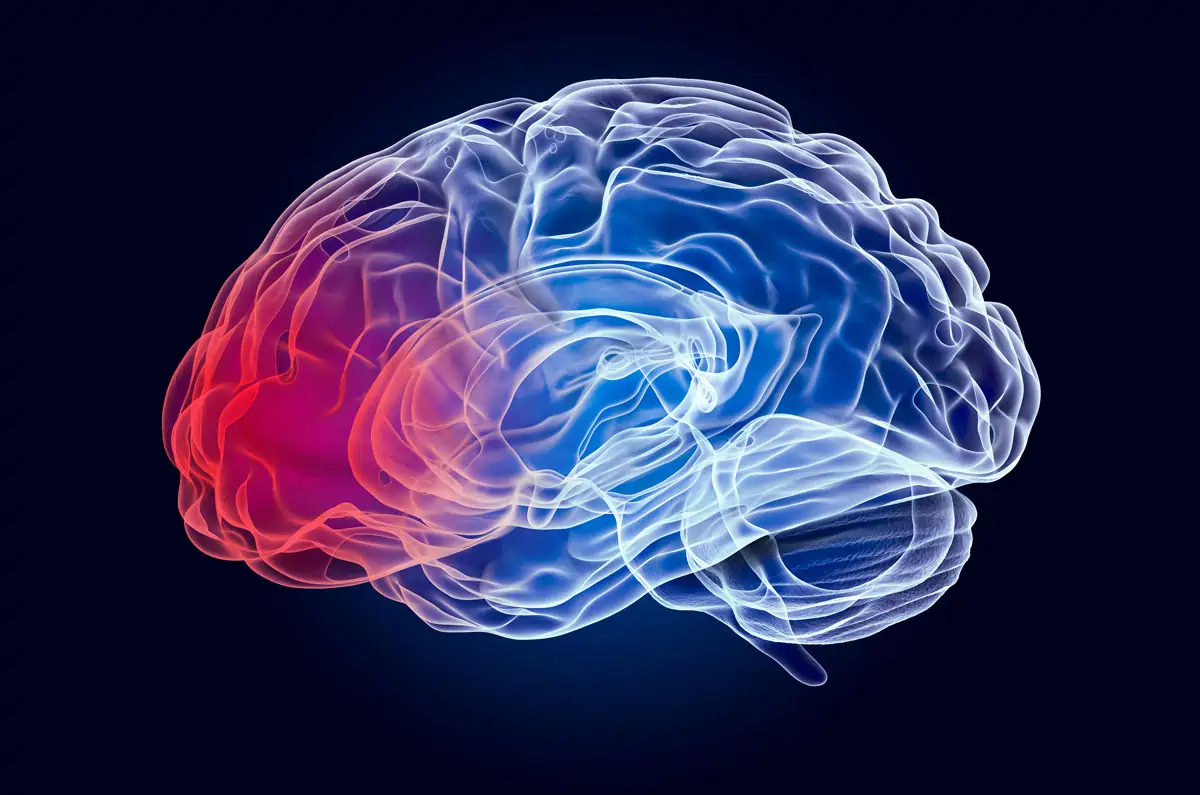Attention Deficit Disorder

Adult Attention Deficit Hyperactivity Disorder
Adults, not just children, can be diagnosed with adult attention deficit hyperactivity disorder (ADHD) and experience symptoms affecting everything from relationships to careers. When you were younger, you may have compensated for your attention deficit disorder, whether diagnosed or not, only to encounter difficulties as an adult as your work responsibilities grew.
Adults with ADHD exhibit different symptoms than children; this type of disorder may not be recognized during childhood. Education and awareness combined with supportive counseling can help manage attention deficit disorder in adults and turn potential weaknesses into strengths.
Mental Health Disorders
Symptoms of Adult Attention Deficit Hyperactivity Disorder
Trouble Concentrating
The term “attention deficit disorder” may be misleading as adults with ADHD can focus on stimulating or engaging tasks. However, you may find it difficult to pay attention to mundane ones.
Hyperfocus
Hyperfocus is a tendency toward fully absorbing yourself in stimulating and rewarding tasks. This can be both a coping mechanism and a distraction, as you may lose track of your surroundings. When directed towards productive activities, hyperfocus can be an asset.
Forgetfulness and Disorganization
It may seem that things are often out of control and chaotic when you have adult ADHD. The following symptoms often accompany adult attention deficit hyperactivity disorder:
- Poor organizational skills
- Difficulty prioritizing your workload
- Excessive clutter of your home, office, desk, and car
- Procrastination
- Trouble tracking tasks and responsibilities
- Inability to start or finish projects
- Chronic tardiness
- Frequently forgetting deadlines, appointments, and commitments
- Always misplacing or losing things (keys, wallet, phone, bills)
- Poor time management
Difficulty with Emotions
Attention deficit disorder in adults also comes with emotional challenges. Often, people have difficulty managing their emotions, particularly when angry, frustrated, or overwhelmed. Adults exhibit emotional symptoms such as:
- Easily irritable and stressed out
- Agitation or an explosive temperament
- Feelings of insecurity and a sense of low self-esteem
- Having difficulty remaining motivated
- Hypersensitive to criticism
- Restlessness or Hyperactivity
Impulsivity
Adults with this disorder may have difficulty controlling their actions, comments, and responses. They may act without thinking or react without considering the consequences. Interrupting others, blurting out words, hastily rushing through tasks, or struggling to remain client are all signs of impulsivity.
Hyperactivity
Adults with attention deficit disorder are far less likely to exhibit hyperactivity than their younger counterparts, who are frequently categorized as poor students, daydreamers, class clowns, slackers, or troublemakers. Adults with this disorder typically show high levels of energy and a constant feeling of being “on the go” that diminishes with age. Hyperactivity in adults can be characterized by:
- Easily bored
- Needing excitement and risks
- Excessive talking and simultaneous multitasking
- Incapable of sitting still
- Feelings of inner restlessness, racing thoughts, and agitation
Health Problems May Result of Attention Deficit Disorder
Health problems may include substance use disorders, compulsive eating, anxiety, chronic stress and tension, and low self-esteem. ADHD symptoms can affect your career, your relationships, and your family. Those with Adult attention deficit disorder may self-medicate, using drugs or alcohol to dull the symptoms experience, not realizing that it often worsens their symptoms and lead to a substance use disorder.
Integrated Treatment Is Critical for Addressing Adult ADHD
A comprehensive treatment plan for people with co-occurring disorders includes:
- Psychiatric services and ongoing care
- Medical care (including medication, when appropriate)
- Evidence-based therapies
- Case management
- Family programming and education
- Life skills training
- Spiritual care services
- Continuing care planning
At Headwaters, treatment plans for adult attention deficit hyperactivity disorder consider your overall well-being: body, mind, and spirit. Our comprehensive behavioral health assessments identify and treat co-occurring mental health disorders like adult ADHD and substance use disorders. Sessions with primary therapists and clinical interviews build an individual treatment plan that meets each client’s specific needs.
Co-occurring disorders must be treated simultaneously with the disease of addiction. Our multidisciplinary, medically intensive program offers treatment for co-occurring disorders by highly trained professionals. Our treatment teams assess and treat our clients in terms of their physical, mental, spiritual, and psychological needs. Our highly trained staff — including medical professionals, licensed therapists, and psychiatrists — meet daily to discuss each client’s case and develop solutions. This integrated, specialized treatment model has been shown to improve ADHD in adults and quality of life.

Headwaters Center for Brain Recovery
Co-occurring disorders may exacerbate each other, making treatment challenging. Our health psychology department, the Headwaters Center for Brain Recovery (CBR), provides specialized, evidence-based therapy interventions for brain health. Headwaters CBR addresses addiction and mental health disorders by providing treatment for both conditions simultaneously, giving our clients a greater chance of lasting recovery.
We provide intensive psychological testing such as:
- Personality Inventory for DSM-5—Brief Form (PID-5-BF)
- Central Nervous System Vital Signs (CNS VS)
- Minnesota Multiphasic Personality Inventory-2 (MMPI-2)
- Millon Clinical Multiaxial Inventory (MCMI)

People Do Recover
Many people with adult attention deficit hyperactivity disorder succeed in living hope-filled lives of courage. Therapeutic interventions grounded in research are effective in treating individuals with co-occurring disorders. When individualized, integrated, intensive treatment is paired with long-term support, individuals with co-occurring disorders like adult ADHD can recover.
Headwaters recognizes that co-occurring mental health and substance use disorders are interrelated and require simultaneous treatment to achieve psychological, physical, and spiritual recovery.
Start your journey to fulfillment by calling Headwaters at 561-270-1753.
West Palm Beach, FL 33407
Follow Us On:

